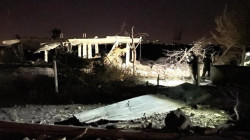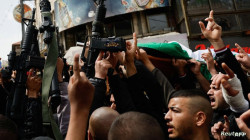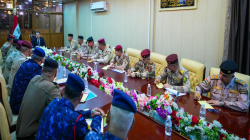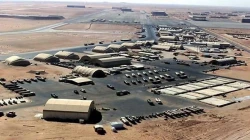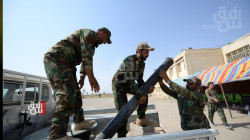Expert believes Israel will not respond to the attacks by Iran's allies in Iraq: report
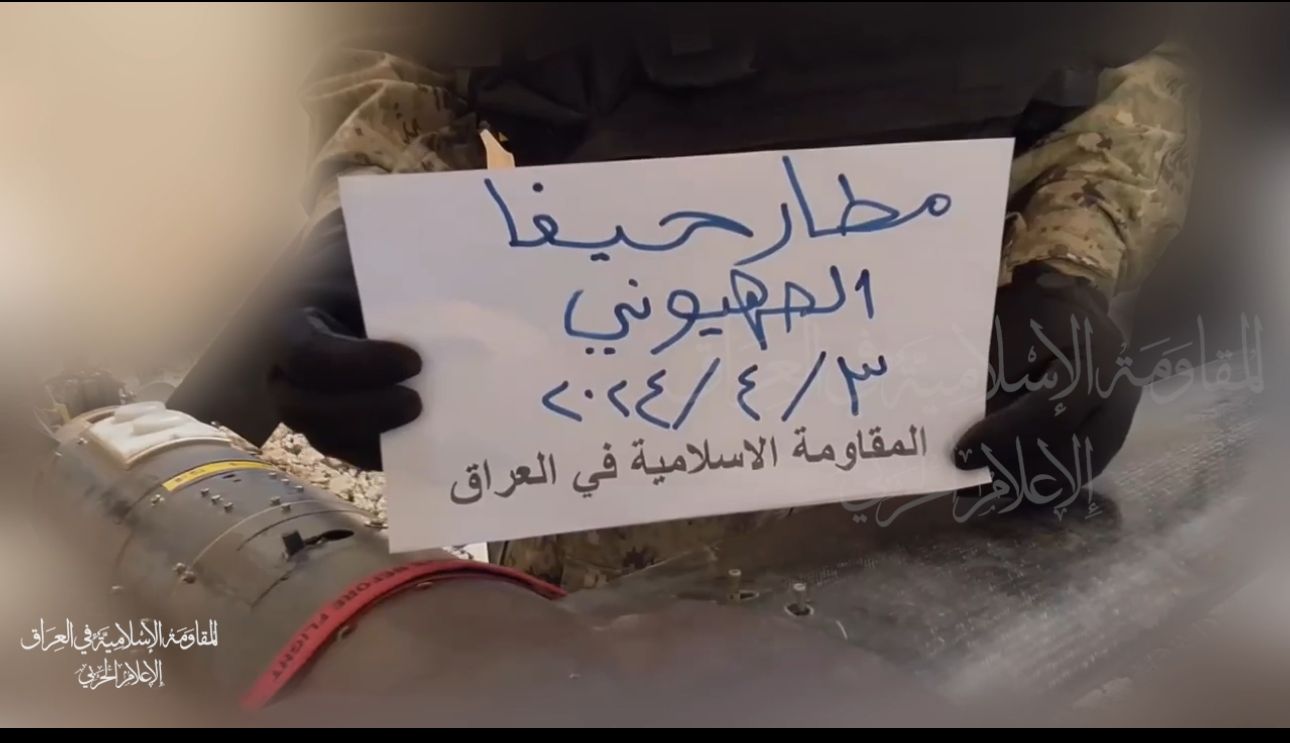
Shafaq News/ An Iran-backed Iraqi paramilitary group has claimed responsibility for an attack against Israeli targets on Monday, which coincided with a confirmed aerial attack on the coastal city of Eilat. While the Iraqi militias—which officially branded themselves the Islamic Resistance in Iraq since the beginning of the Gaza war in October—have previously claimed attacks on Israel, this appears to be the first time to be confirmed by the latter.
"Resistance did claim a drone strike on Israel, and an attack was confirmed by Israel but not its source," Joel Wing, author of the authoritative Musings on Iraq blog, told Forbes. He added that it's "definitely a possibility" that the IRI targeted Eilat from Iraqi soil.
The Israeli military confirmed that a "suspicious aerial target" from the east had hit and "lightly damaged" a hangar in the naval base in Eilat. There were no casualties in injuries.
The Iran-backed paramilitary groups that claimed the attack have built up a sizable stockpile of long-range drones, ballistic missiles, and cruise missiles in recent years with extensive assistance from Tehran.
The Houthis in Yemen have repeatedly fired missiles and drones toward Eilat, but many of these were intercepted by the U.S. Navy and, in some cases, Saudi Arabian air defenses. If the missile or drone used in Monday’s attack did indeed originate from Iraq, it strongly suggests it successfully evaded Saudi or Jordanian air defenses en route to its target. Jordan has more limited air defenses than Saudi Arabia. Amman had requested the U.S. deploy a MIM-104 Patriot battery shortly after the current war in Gaza began.
A drone launched from over 250 miles away in Syria hit a school in Eilat in November. Israel swiftly retaliated by striking Syria. It was evident in the years preceding the current conflict that many of the Iran-backed militias in the region could target the southern city.
The IRI has previously claimed they launched missile attacks against Haifa and even Ben Gurion International Airport in Tel Aviv, Israel’s main airport. However, unlike Monday’s incident, Israel hasn’t confirmed any of these attacks.
“The Resistance claims around 1 or 2 drone attacks upon Israel each week,” Wing said. “These could have been launched from Iraq or, more likely, Syria since it’s closer. This is the first time that I’ve been aware of where one of these attacks has actually been confirmed.”
Given the limited nature of these attacks—the IRI most likely wants to convey that it, like the Houthis, is doing something in response to the situation in Gaza—Israel probably won’t respond with an attack in Iraq.
“I would think that Israel would only retaliate if there were a major loss of either equipment or casualties,” Wing said. “Otherwise, these are like pinpricks, and Israel has bigger things to worry about.”
Even though many of these militias have powerful political factions in power in Baghdad, Iraq has long opposed its territory becoming a battlefield for external actors, especially the United States and Iran. The U.S. bombed IRI groups in Iraq in early February after months of tit-for-tat attacks that briefly flared up after a drone attack killed three U.S. troops in Jordan.
Iraq is currently shopping around for more advanced, long-range air defense systems.
“Iraq is preparing for possible Israeli attacks on its territory if the current confrontation widens,” an anonymous Iraqi official told the Arabic Al Araby Al-Jadeed news site in October. “They do not want to become a new version of Syria, subject to repeated Israeli strikes without a response.”
Israel previously bombed targets belonging to Iran-backed paramilitary groups in 2019. However, those strikes were seemingly a one-off, unlike Israel's air campaign against Iranian forces and their regional allies in Syria that began in 2013 but markedly intensified since the unprecedented Oct. 7 Hamas attack.
“Iraq has been trying to buy air defense systems for years,” Wing said. “The problem is that all the political factions want to buy from a country they like, and there is always corruption involved, so nothing has happened.”
“There was at least one suspected Israeli strike upon a Hashd (IRI) unit in Iraq a few years ago, and Baghdad still hasn’t bought anything since then.”
